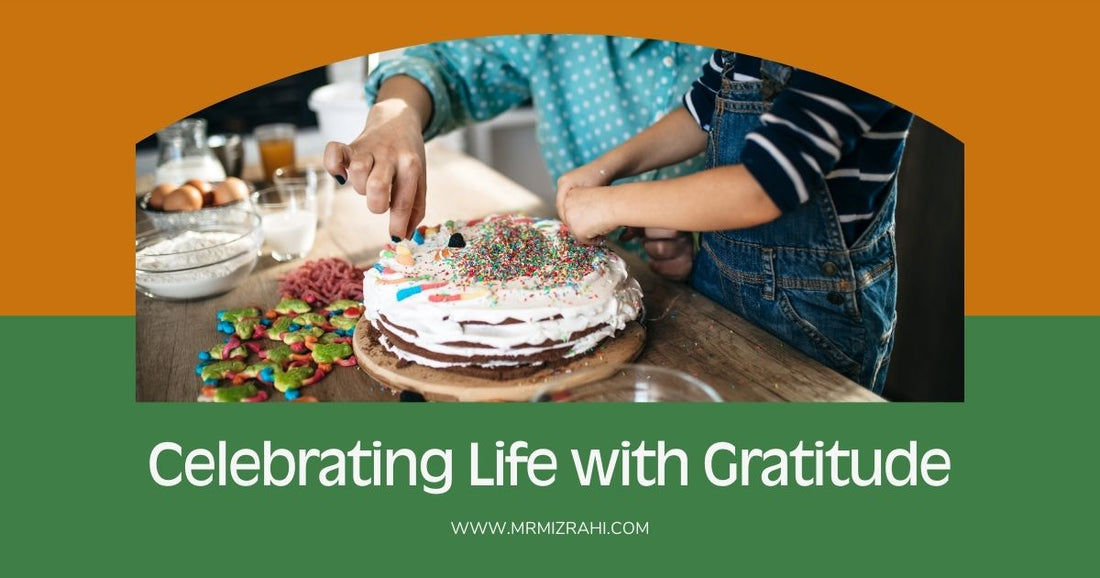
Celebrating Life with Gratitude
Share
Yesterday, we celebrated my daughter’s birthday.
For this special occasion, we decided to let her make her own birthday cake. It took more time to make, but it was definitely worth the lesson!
Gratitude is one of the trickiest concepts to teach toddlers and preschoolers—who are naturally self-centered—but it’s also one of the most important. By learning gratitude, children become more sensitive to the feelings of others, developing empathy and essential life skills along the way. Grateful kids begin to see beyond their own needs and recognize the efforts of those around them—whether it’s parents preparing meals, offering comfort, or providing them with toys.
By participating in simple household chores like feeding the dog or stacking dirty dishes on the counter, children learn that these tasks require effort. This understanding fosters appreciation and a sense of responsibility.
How to Teach Gratitude
- Model good manners. Children learn by example, so use “please” and “thank you” often. (“Thanks for that hug—it made me feel great!”) Encourage them to use polite words as well.
- Make gratitude part of daily conversations. Express appreciation for everyday things: “We’re so lucky to have a good cat like Eliott!” or “Wasn’t that sunset beautiful?” Creating a habit of gratitude makes it stick.
- Give them responsibilities. Instead of always doing things for them, let kids participate in simple household tasks. When they contribute, they gain a greater appreciation for the work others do.
- Find a goodwill project. Encourage small acts of kindness, like baking treats for a sick neighbor. While doing the activity, talk about how it will brighten someone’s day.
- Encourage generosity. Instead of discarding old toys and clothes, donate them to those in need.
- Teach the importance of thank-you notes. Saying out loud why they loved a gift helps children reflect on their gratitude.
- Learn to say no. If kids always get what they ask for, they may struggle to appreciate what they already have. Setting boundaries makes “yes” moments more meaningful.
- Be patient. Gratitude doesn’t develop overnight—it takes months or even years of reinforcement. But trust the process, because in time, the lessons will take root.
By nurturing gratitude in small ways every day, we help our children grow into empathetic, appreciative individuals—one “thank you” at a time.
Coach Benjamin Mizrahi. Educator. Learning Specialist. Family Coach. Father. Husband.
More articles on EXECUTIVE FUNCTIONS COACHING – Benjamin Mizrahi
